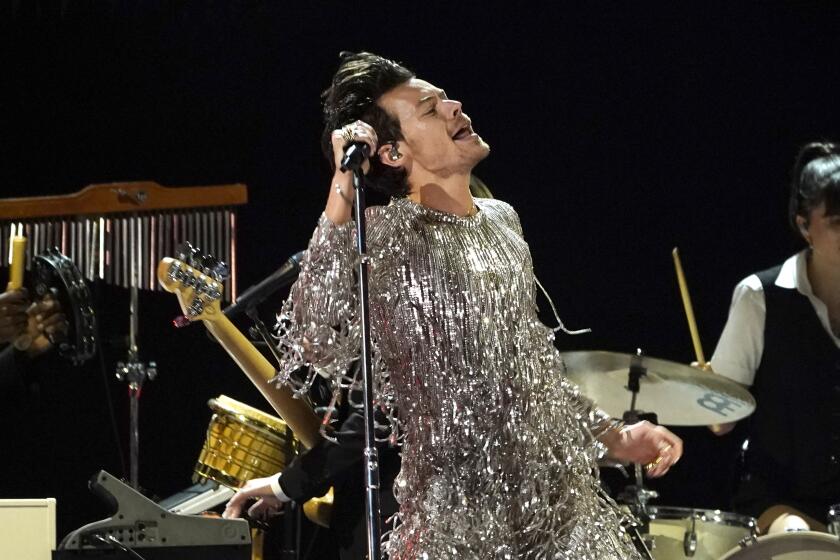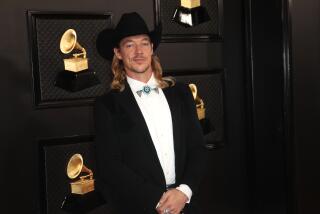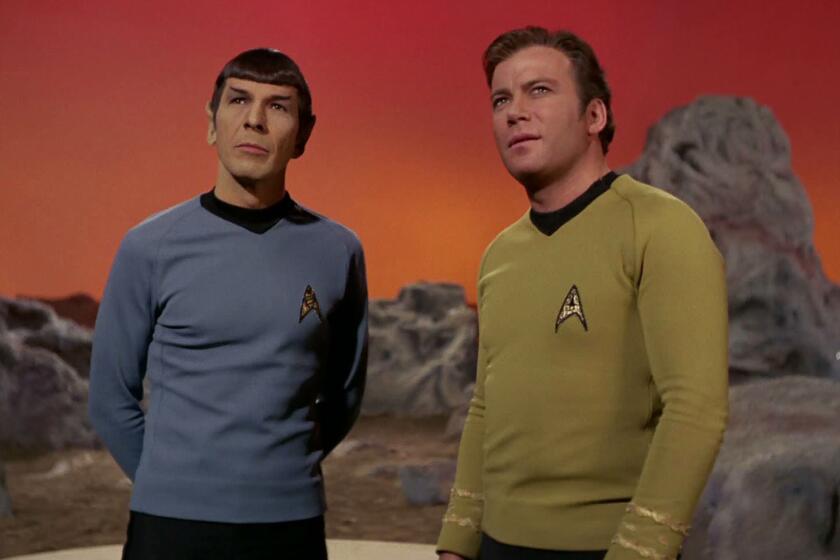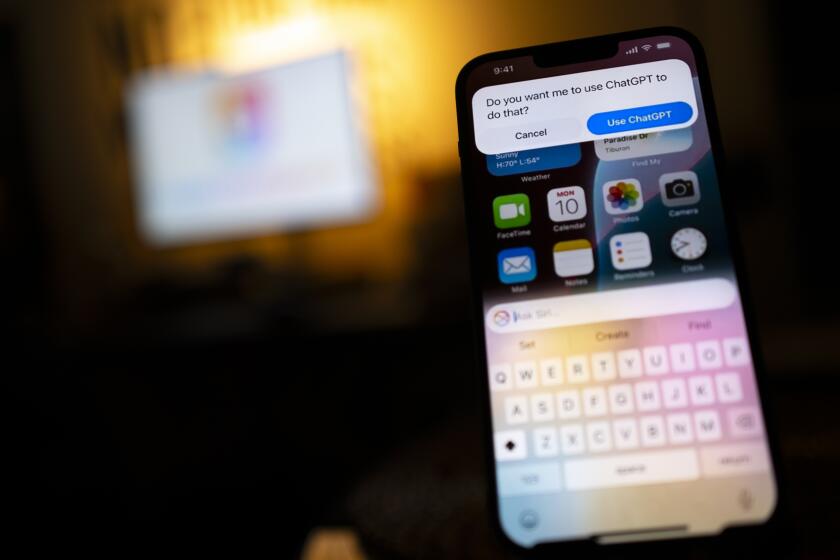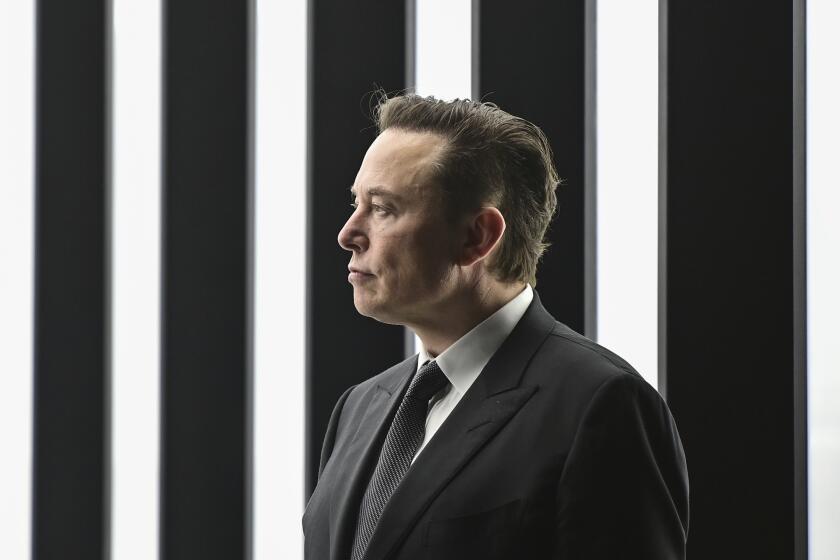Major record labels sue AI companies for allegedly stealing copyrighted music

Major record labels have sued two artificial intelligence companies for allegedly stealing copyrighted sound recordings to generate music.
Universal Music Group, Sony Music Entertainment, Warner Music Group and other music giants have filed copyright infringement lawsuits against Suno and Udio, the Recording Industry Assn. of America announced Monday.
The complaints against the two tech companies allege that they lifted material from copyrighted songs spanning various artists, genres and time periods to train their generative AI models.
“The music community has embraced AI and we are already partnering and collaborating with responsible developers to build sustainable AI tools centered on human creativity that put artists and songwriters in charge,” Mitch Glazier, chief executive of the RIAA, said in a statement.
“But we can only succeed if developers are willing to work together with us. Unlicensed services like Suno and Udio that claim it’s ‘fair’ to copy an artist’s life’s work and exploit it for their own profit without consent or pay set back the promise of genuinely innovative AI for us all.”
Suno Chief Executive Mikey Shulman, in a statement provided to The Times, said the company’s mission “is to make it possible for everyone to make music.”
“Our technology is transformative; it is designed to generate completely new outputs, not to memorize and regurgitate pre-existing content,” he said.
“That is why we don’t allow user prompts that reference specific artists. We would have been happy to explain this to the corporate record labels that filed this lawsuit (and in fact, we tried to do so), but instead of entertaining a good faith discussion, they’ve reverted to their old lawyer-led playbook.”
In a lengthy statement posted on its website, Udio said it stands by its technology and believes that “generative AI will become a mainstay of modern society.”
“Generative AI models, including our music model, learn from examples. Just as students listen to music and study scores, our model has ‘listened’ to and learned from a large collection of recorded music,” Udio said.
“The goal of model training is to develop an understanding of musical ideas — the basic building blocks of musical expression that are owned by no one,” the statement continued. “We are completely uninterested in reproducing content in our training set.”
The RIAA replied that Suno has “literally been caught on tape ... memorizing and regurgitating” artists’ recordings. As for Udio, the RIAA has interpreted the company’s statement as a “startling admission of illegal and unethical conduct.”
Sony Music Group is sending more than 700 letters to tech companies and music streaming services, calling on them to not use its music to train AI without authorization from the label.
The lawsuit against Suno was filed in Massachusetts, while the complaint against Udio was filed in New York.
Among the copyrighted tracks allegedly mined by the AI programs were Mariah Carey’s “All I Want for Christmas Is You,” Jerry Lee Lewis’ “Great Balls of Fire,” the Beach Boys’ “I Get Around,” ABBA’s “Dancing Queen,” James Brown’s “I Got You (I Feel Good),” Michael Bublé’s “Sway,” Green Day’s “American Idiot,” the Temptations’ “My Girl” and Michael Jackson’s “Billie Jean.”
The record labels are demanding that Suno and Udio admit to mining their music libraries without permission and asking that the courts prohibit the AI companies from poaching their copyrighted material in the future. The plaintiffs also are seeking damages for copyright infringement.
Washed Out is the first major music artist to commission a music video using OpenAI’s Sora text-to-video technology.
The lawsuits landed about a month after Sony Music delivered letters to 700 artificial intelligence developers warning them not to use its artists’ music to train their models. The New York-based music company said in a statement that it approves of “artists and songwriters taking the lead in embracing new technologies in support of their art” while vowing to protect their work from AI thieves.
Some musicians have begun to embrace AI as a tool. In May, indie pop artist Washed Out released an AI-generated music video for his song “The Hardest Part.” The Georgia-based singer-songwriter, whose real name is Ernest Greene, used OpenAI’s Sora text-to-video technology to make the video.
Times staff writer Wendy Lee contributed to this report.
More to Read
Inside the business of entertainment
The Wide Shot brings you news, analysis and insights on everything from streaming wars to production — and what it all means for the future.
You may occasionally receive promotional content from the Los Angeles Times.
